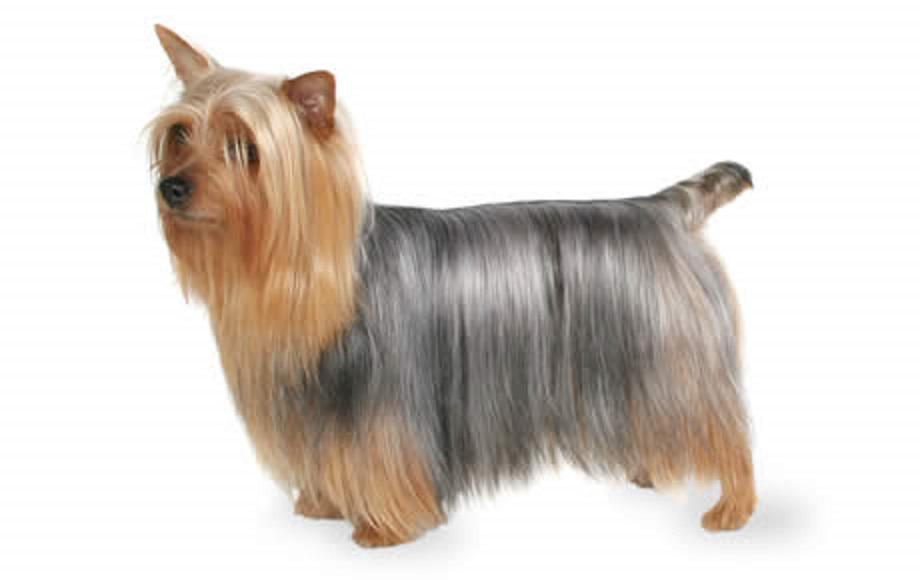
Silky Terrier

Navigate through the tabs
Navigate through the tabs below to view the breed's info of your interest.
The breed's info is divided in four sections; namely:
the breed's history ,
the breed's main stats ,
the dog's potential health issues
and finally, how the breed scored in 26 different categories.
All the above information should give you a respectively good overview for the dog of your interest.
Dog Breed's Main Info
The Breed's History:
The Silky Terrier originated in Australia in the 1890s, when breeders crossed imported Yorkshire Terriers with their native Australian Terriers. Some of the offspring looked like Yorkies, some looked like Australian Terriers, and others looked like the Silky of today, with a size and coat length that was between the two parent breeds.
The Silky-looking dogs were interbred until the puppies predictably had Silky traits.
In 1906, Australian fanciers developed a breed standard - written guidelines for what the breed should look, move, and act like - in Sydney, New South Wales. In 1909, another standard was drawn up in Victoria. The two standards didn't completely match up, mostly on the preferred weight and ear type. The two camps compromised and a new breed standard came out in 1926.
The breed has had several names: initially, he was called the Sydney Silky Terrier. In 1955, he became the Australian Silky Terrier (still the official name for the breed in Australia). In the U.S., the name was changed to Silky Terrier.
Country of Origin:
Australia
Breed Group:
Companion
Height:
9 inches to 10 inches (22,86 to 25,4 cm)
Weight:
8 pounds to 10 pounds (3,62 to 4,54 Kg)
Life Span:
12 to 15 years
Potential Health Issues:
Legg-Calve-Perthes Disease,
Patellar Luxation,
Diabetes Mellitus,
Epilepsy,
Tracheal Collapse
Adaptability
Apartment Living:
First Time Owners:
Sensitivity:
Being Alone:
Cold Weather:
Hot Weather:
Friendliness
Affection With Family:
With Kids:
With Dogs:
With Strangers:
Health and Grooming
Shedding:
Drooling:
Easy To Groom:
Overall Health:
Weight Gain Potential:
Size:
Training
Easiness:
Intelligence:
Mouthiness:
Prey Drive:
Barking or Howling:
Wanderlust:
Need For Exercise
Energy Level:
Intensity:
Exercise Needs:
Playfulness:
Our Mobile Application
Check out Our Mobile Application "Dog Breeds Central"
